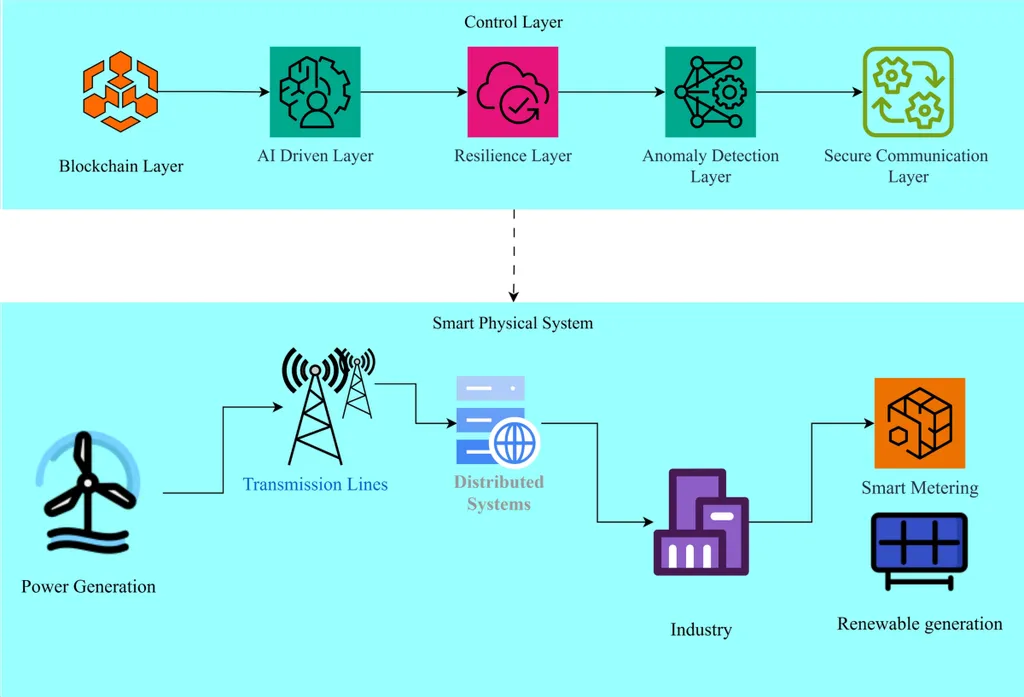Researchers Oluleke Babayomi and Dong-Seong Kim, affiliated with the University of Canterbury in New Zealand, have developed a new approach to enhance the cyber resilience of microgrid energy management systems. Their work, published in the journal IEEE Transactions on Smart Grid, addresses the challenges of maintaining economic efficiency and operational reliability in microgrids under cyberattack conditions.
Microgrids, which are local energy grids that can operate independently or in conjunction with the main power grid, often rely on renewable energy sources like solar power. Accurate forecasting of renewable energy generation is crucial for efficient energy management and cost savings. However, these systems are vulnerable to cyberattacks, such as false data injection attacks, which can manipulate forecast data and lead to significant economic losses.
The researchers introduced a comprehensive framework that integrates federated learning, a decentralized machine learning approach, with a two-stage cascade false data injection attack detection system. This framework uses Long Short-Term Memory (LSTM) networks for photovoltaic (solar power) forecasting and combines autoencoder reconstruction error with prediction uncertainty quantification to detect and mitigate attacks. By doing so, it ensures resilient energy storage scheduling while preserving data privacy.
The study demonstrated that the proposed framework significantly improves the cyber resilience of microgrid energy management systems. Under extreme false data attack conditions, which caused a 58% degradation in forecast accuracy and a 16.9% increase in operational costs, the framework reduced false positive detections by 70%, recovered 93.7% of forecasting performance losses, and achieved 5% operational cost savings. This resulted in mitigating 34.7% of attack-induced economic losses.
The researchers found that precision-focused cascade detection with multi-signal fusion outperforms single-signal approaches, validating the synergy between security and performance in decentralized microgrids. This work highlights the importance of integrating cybersecurity measures into energy management systems to ensure the reliable and economic operation of microgrids, particularly those relying on renewable energy sources.
For the energy industry, this research offers a practical solution to enhance the cyber resilience of microgrid energy management systems. By implementing the proposed framework, energy providers can better protect their systems from cyberattacks, reduce economic losses, and maintain operational reliability. This is particularly relevant as the energy sector increasingly adopts decentralized and renewable energy sources, making cybersecurity a critical concern.
This article is based on research available at arXiv.

